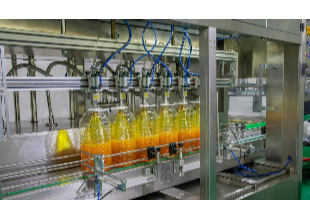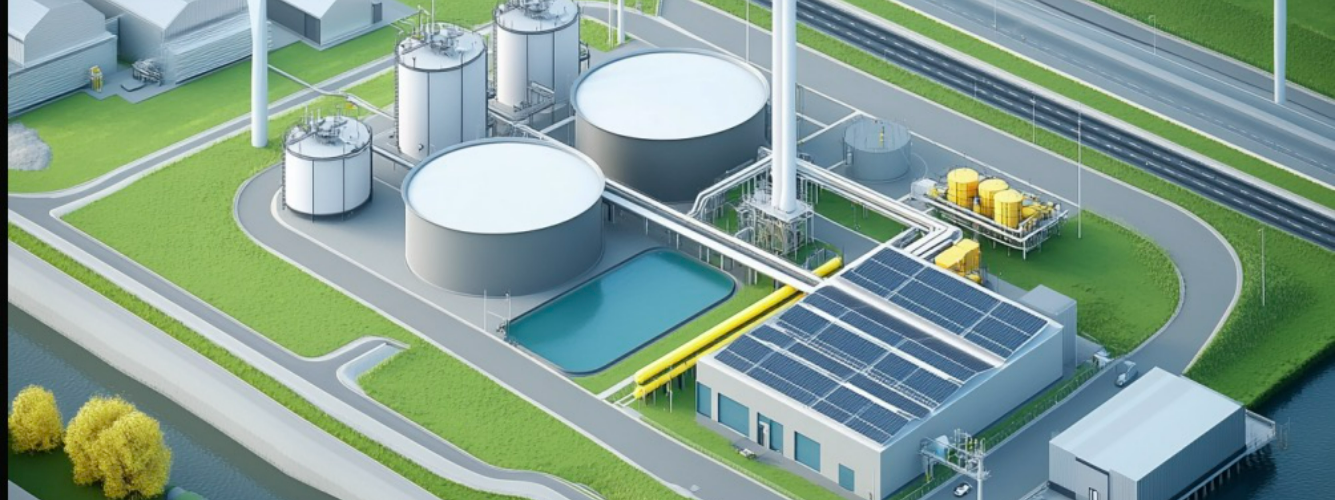
Food and beverage wastewater
Hydrogen peroxide can rapidly oxidize residual organic compounds such as sugars, proteins, oils, etc. in wastewater, degrading them into small molecules and reducing chemical oxygen demand. It can also sterilize and disinfect, eliminate harmful microorganisms, prevent wastewater from becoming foul smelling and deteriorating, assist in subsequent biological treatment, and ensure that water quality meets discharge standards.
